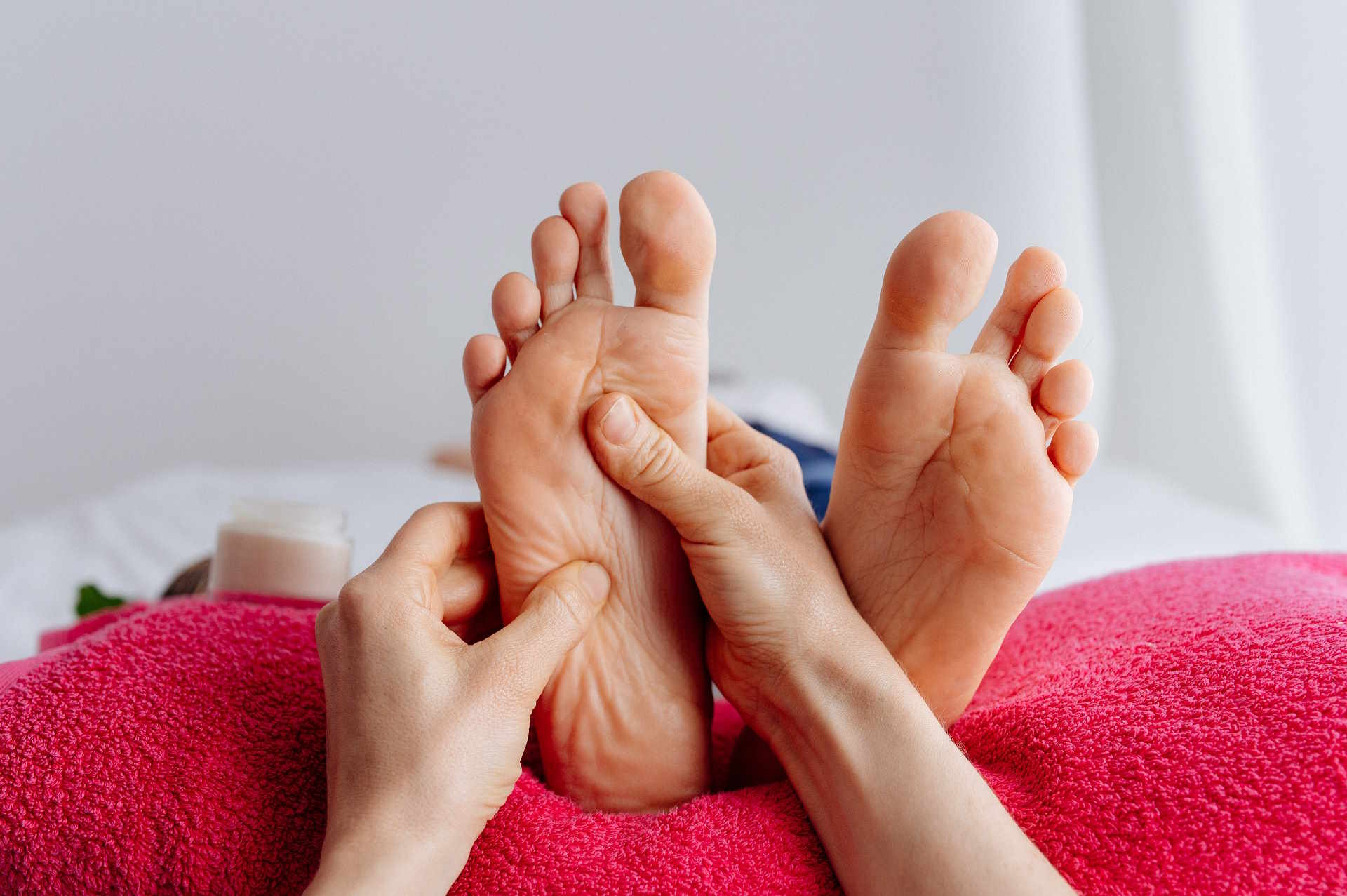Understanding Sleep Aids: Types, Costs, and Who Benefits
Sleep aids encompass a wide range of products and treatments designed to help people achieve better rest and overcome insomnia. From over-the-counter medications to prescription drugs, natural supplements, and behavioral therapies, these solutions address various sleep disorders affecting millions worldwide. Understanding the different options available, their effectiveness, and associated costs can help individuals make informed decisions about improving their sleep quality.

Sleep disorders affect approximately 50-70 million adults in the United States alone, making sleep aids an increasingly important topic for those seeking better rest. These products and treatments range from simple lifestyle changes to complex medical interventions, each designed to address specific sleep-related challenges.
What Are Sleeping Aids
Sleeping aids encompass any product, medication, or technique designed to improve sleep quality or help individuals fall asleep more easily. These solutions fall into several categories including over-the-counter medications like melatonin and diphenhydramine, prescription drugs such as zolpidem and eszopiclone, natural supplements including valerian root and chamomile, and behavioral interventions like cognitive behavioral therapy for insomnia.
Over-the-counter options are widely available and include antihistamines, melatonin supplements, and herbal remedies. Prescription sleep medications are typically reserved for more severe cases and require medical supervision. Natural alternatives appeal to those seeking gentler approaches, while behavioral therapies address underlying sleep habits and thought patterns.
Cost-Effective Sleeping Aids
Finding affordable sleep solutions often starts with the least expensive options. Generic over-the-counter medications typically cost between $5-15 per month, making them accessible to most budgets. Melatonin supplements range from $8-20 monthly, while herbal teas and natural remedies can cost as little as $10-25 per month.
Behavioral approaches like sleep hygiene improvements require no financial investment beyond potential lifestyle changes. Creating a consistent bedtime routine, limiting screen time before bed, and optimizing sleep environment temperature and lighting are cost-free strategies. Online sleep apps and guided meditation programs offer affordable alternatives to expensive therapy sessions, typically costing $5-15 monthly.
Prescription medications represent the higher end of the cost spectrum but may be necessary for severe sleep disorders. Generic versions of common sleep medications can significantly reduce expenses compared to brand-name alternatives.
Who Should Get Sleeping Aids
Sleep aids benefit various groups of people experiencing different types of sleep difficulties. Individuals with chronic insomnia who struggle to fall asleep or stay asleep for more than three nights per week over several months often benefit from intervention. Shift workers dealing with irregular schedules may need temporary assistance adjusting their sleep-wake cycles.
People experiencing temporary sleep disruption due to stress, travel, or life changes might benefit from short-term sleep aid use. Those with underlying medical conditions affecting sleep, such as sleep apnea or restless leg syndrome, may require specialized treatments. However, pregnant women, children, and individuals with certain medical conditions should consult healthcare providers before using any sleep aids.
Elderly adults often experience natural changes in sleep patterns and may benefit from gentle interventions, though they face higher risks of side effects from medications. Anyone taking other medications should verify compatibility before adding sleep aids to their routine.
Cost of Sleeping Aids
Sleep aid costs vary dramatically based on type, brand, and treatment duration. Understanding these expenses helps individuals budget appropriately and choose suitable options for their financial situation.
| Product Type | Provider/Brand | Cost Estimation |
|---|---|---|
| Generic Melatonin | CVS, Walgreens | $8-12/month |
| Diphenhydramine | Benadryl, Generic | $5-10/month |
| Prescription Zolpidem | Generic Ambien | $15-30/month |
| Valerian Root Supplements | Nature Made, NOW | $12-18/month |
| Sleep Therapy Apps | Calm, Headspace | $6-15/month |
| Cognitive Behavioral Therapy | Local Therapists | $100-200/session |
Prices, rates, or cost estimates mentioned in this article are based on the latest available information but may change over time. Independent research is advised before making financial decisions.
Insurance coverage significantly impacts out-of-pocket expenses for prescription medications and therapy sessions. Many insurance plans cover sleep disorder treatments when medically necessary, though coverage varies by provider and specific treatment type. Generic medications typically cost less than brand-name versions, sometimes reducing expenses by 70-80%.
Long-term costs should factor into decision-making, as some treatments require ongoing use while others provide lasting benefits after completion. Behavioral therapies may have higher upfront costs but can provide permanent improvements without ongoing expenses.
This article is for informational purposes only and should not be considered medical advice. Please consult a qualified healthcare professional for personalized guidance and treatment.
Making Informed Decisions About Sleep Aids
Choosing appropriate sleep aids requires careful consideration of individual needs, health status, and budget constraints. Starting with the least invasive and most affordable options often provides the best approach, gradually progressing to stronger interventions if needed. Consulting healthcare providers ensures safe and effective treatment selection while avoiding potential interactions or complications. Quality sleep significantly impacts overall health and well-being, making investment in appropriate sleep aids a worthwhile consideration for those experiencing persistent sleep difficulties.




